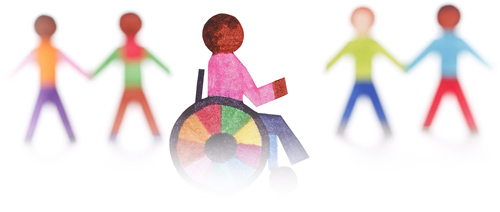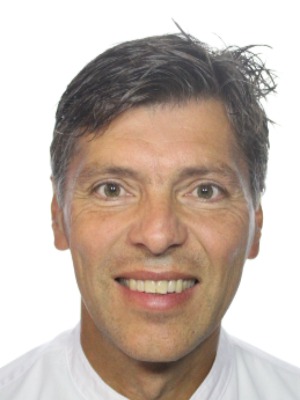
Jeroen Vermeulen PhD, Netherland
Prof. dr R. Jeroen Vermeulen did his training in Medicine at the VU medical center in Amsterdam, the Netherlands. He got his PhD on a thesis about the role of Dopamine D1 receptors agonists in a model for Parkinson’s disease. After his residency in neurology he became child neurologist at the VU medical center in Amsterdam. He did his training in child neurology under supervision of professor Marjo van de Knaap. He did additional training in child neurology in Tubingen (Germany) under supervision of prof.dr. I. Krageloh-Mann. Since 2014 he is working as child neurologist at the Maastricht University medical center and since 2017 he is appointed as professor in child neurology. He is specialized in neonatal neurology and cerebral palsy. In the field of neonatal neurology, research is focused on further development of diagnostic brain MRI and the development of stem cell treatment. In the field of cerebral palsy, research is focused diagnostics (special MRI techniques and clinical and assessment of spasticity and dystonia) and on treatment (e.g. intrathecal baclofen, deep brain stimulation and functional electrical stimulation). He published more than 140 peer-reviewed articles mainly in the field of cerebral palsy.
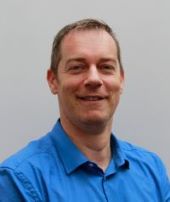
Huub van Hedel PhD, PT, Switzerland
Prof. for Neurorehabilitation, head of research and member of the executive board of Swiss Children’s Rehab, University Children’s Hospital Zurich
Hubertus (Huub) van Hedel received his training as a physical therapist and biomedical health scientist in the Netherlands. He moved to Switzerland, and worked in adult neurorehabilitation before he switched in 2010 to pediatric neurorehabilitation. His research interests cover neurorehabilitation, outcome assessments, motor learning, and brain reorganization. He has a particular interest in the development of rehabilitation robots and exergaming, and the improvement of the personalized application of these technologies. He currently chairs the Advanced Robotic Therapy Integrated Centers (ARTIC) network. Huub received various awards, including the Susanne Klein-Vogelbach “Special Award” in 2010, the Norrington lecture of the Australasian Faculty of Rehabilitation Medicine in 2011, and Honorary Professor of Queen Margaret University, Edinburgh, in 2018. His multi-professional team won various prizes during the past years. He holds several teaching appointments, authored about 100 publications, received over CHF 10M in funding, and is an editorial board member of Neurorehabilitation and Neural Repair.
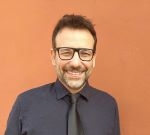
Andrea Guzzetta MD, PhD, Italy
In his talk, based on his research group’s interests in foetal/infant motor behaviour and the emergence of intersubjectivity, Prof. Guzzetta will address the connection between movement and social development, and the implications in children with brain damage, starting from early gestation up to the first months of life.
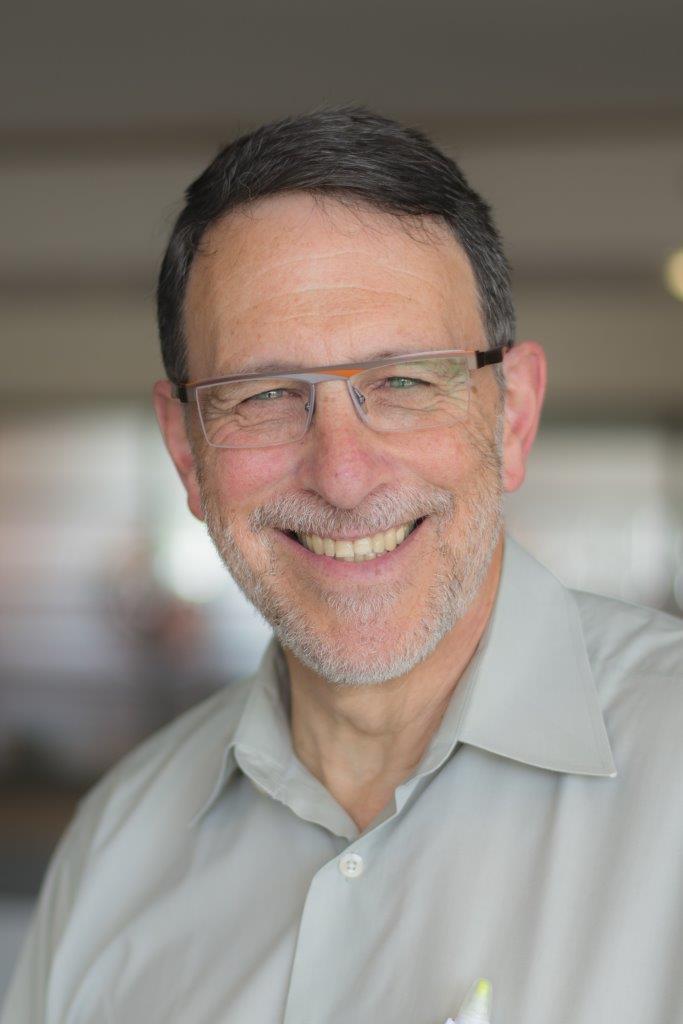
Peter Rosenbaum MD, FRCP(C), Canada
Professor of Pediatrics at McMaster University
Peter Rosenbaum has been a Professor of Pediatrics at McMaster University since 1984. In 1989, he co-founded the award-winning CanChild Centre for Childhood Disability Research, recognized world-wide for its research and dissemination activities. He held an inaugural Tier 1 Canada Research Chairs (2001- 2014), has held more than 80 peer-reviewed research grants, and is a contributing author to > 370 peer-reviewed journal articles and book chapters. He has been an invited lecturer and keynote speaker in > 30 countries. National and international recognition includes the Ross Award from the Canadian Pediatric Society (2000); an Honorary Doctor of Science degree, Université Laval (2005); the AACPDM’s first Mentorship Award (2007) and its Lifetime Achievement Award (2014). In 2015, he received the inaugural Holland Bloorview Medal of Excellence for “outstanding achievement and leadership in making positive global advancements in the field of childhood disabilities. In October 2017, he was honoured by the University of Haifa with the university’s Carmel Award of Merit in recognition of his lifetime achievements in childhood disabilities research. In May 2018, he received the Fondation Paralysie Cérébral/Fondation Motrice Prize at the 30th annual meeting of the European Academy of Childhood Disability.
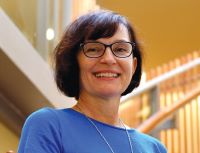
Beata Batorowicz, PhD, OT Reg. (Ont.)
School of Rehabilitation Therapy
Faculty of Health Sciences
Queen’s University, Canada
Beata Batorowicz, is an occupational therapist and tenure-track Assistant Professor at Queen's University in Canada. She has 23 years of clinical and research experience in the field of childhood disability, assistive technology and augmentative and alternative communication (AAC). Her research concerns enabling and enriching participation of children and young people with disabilities, especially those who rely on AAC and has a particular focus on environment-based approaches and technology.
Dr Batorowicz graduated as an occupational therapist from Western University (1995), completed MSc in Rehabilitation Science at Western (2004) and PhD at McMaster University, CanChild (2015), for which she received a prestigious Vanier Canada Scholarship with the Canadian Institutes of Health Research.
Dr Batorowicz is currently a Fellow of the AMS Phoenix, Chair of the Research Committee of the International Society for Augmentative and Alternative Communication and an associate editor of the AAC journal. She has over 50 publications in peer-reviewed journals and conferences and has been an invited lecturer and keynote speaker in many countries, including Poland, Canada, Brazil, Russia and UK.
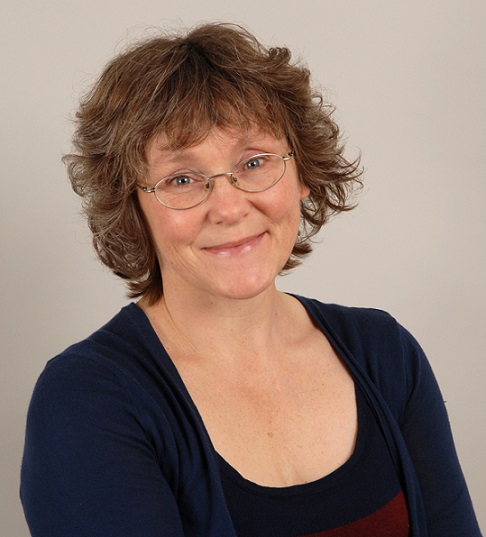
Bryony Beresford PhD, UK
Professor of Health and Care Services Research
Director, Social Policy Research Unit
Assistant Director, Martin House Research Centre
University of York
Bryony Beresford is a social scientist with over 25 years’ experience of applied policy and practice research concerned with health and social care issues across the life-course, and particularly childhood, adolescence and young adulthood. Throughout her career she has based in the Social Policy Research Unit at the University of York and was awarded a Personal Chair in 2011. A mixed methods researcher, her work includes policy evaluation, evaluation of alternative models of service delivery, evaluation of specific interventions and the lived experiences. Her research on transition spans a wide range of long-term conditions and impairments, and among the first to focus on the preparedness and adequacy of adult health care. She was topic advisor to the National Institute of Health and Care Excellence’s (NICE) Guideline Development Group for transition from children’s to adult services (published in 2016).
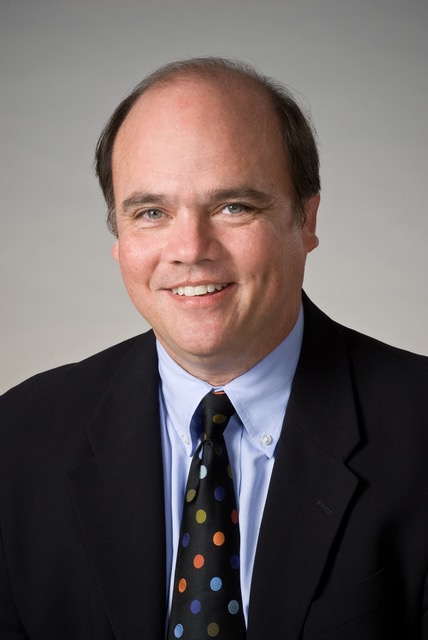
Henry Chambers MD, USA
Professor of Clinical Orthopedic Surgery, UCSD Senior Attending Surgeon, Rady Children's Hospital
Hank Chambers, MD is a pediatric orthopedic surgeon at Rady Children’s Hospital in San Diego. He also serves as a Professor of Clinical Orthopedic Surgery at the University of California, San Diego. After medical school at Tulane University School of Medicine, he completed an orthopedic surgery residency at Brooke Army Medical Center in San Antonio, TX. He finished a pediatric orthopedic surgery fellowship in San Diego under David Sutherland, Scott Mubarak and Dennis Wenger in 1990.
Dr Chambers is currently the Director of the Southern Family Cerebral Palsy Program at Rady Children’s Hospital. He also is the Co-Director of 360 Sports, the sports medicine program at Rady Children’s Hospital. Hank was the Chief of Staff at Rady Children’s Hospital San Diego from 2004-2006. He is active nationally in many organizations including the American Academy of Orthopedic Surgeons, the Pediatric Orthopedic Society of North America, and the American Academy of Pediatrics. He is a Past President of the American Academy for Cerebral Palsy and Developmental Medicine and is also the Past President of PRISM, a pediatric sports medicine research society which he co-founded. He has published over 100 articles and 40 book chapters He has been fortunate to have been the visiting professor at over 95 institutions throughout the world and has been recognized as one of the Top Doctors in San Diego, Best Doctors in America, Top Doctors in the US News and World Report and Who’s Who in America and in the World
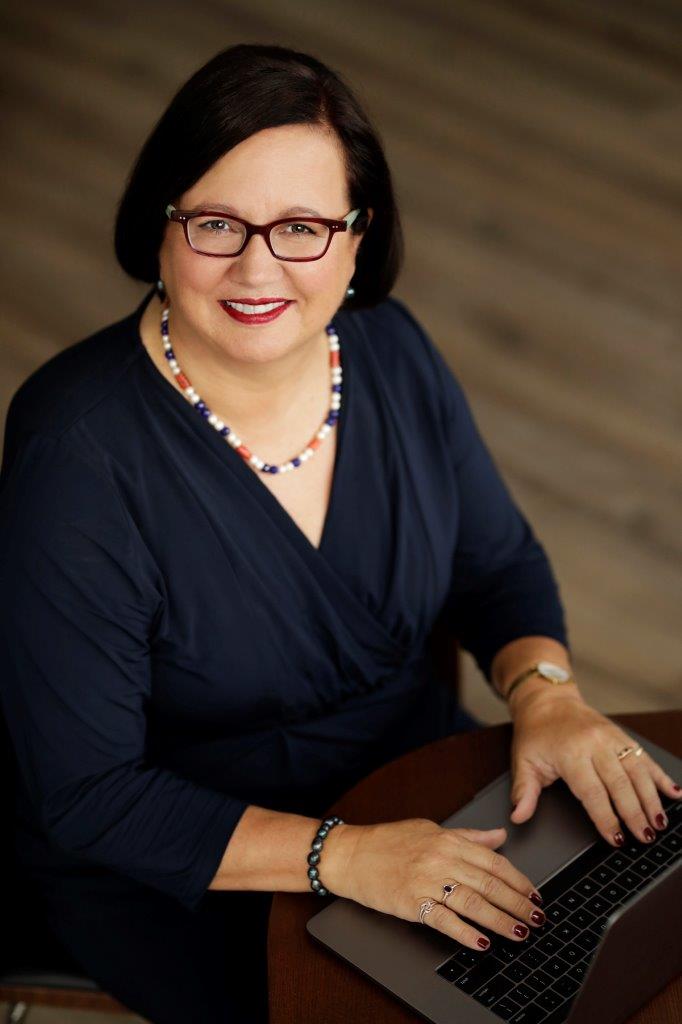
Roslyn N Boyd, PhD, PT, Australia
Professor of Cerebral Palsy Research, Child Health Research Centre, The University of Queensland
Ros Boyd is a paediatric physiotherapist and neuroscientist with expertise as in conducting Clinical trials for interventions for infants children and youth with Cerebral Palsy. She leads a nationally funded (NHMRC) Centre of Research Excellence “The Australasian Cerebral Palsy Clinical Trials Network” and is Scientific Director of the Queensland Cerebral Palsy and Research Centre at the University of Queensland. Prof Boyd’s clinical trials have tested the efficacy of novel interventions including Upper limb training, participation focused interventions, FES cycling, parenting interventions incorporating mindfulness and early intervention in low resource settings (>17 RCT’s), national implementation of early detection of cerebral palsy, and longitudinal comprehensive outcomes linked to brain structure and function. She has received >Aus $35M in funding with 275+ publications and with her coauthors was awarded the international Gayle Arnold Award on 3 occasions (2010, 2011 and 2014).
Prof. Boyd graduated as a physiotherapist (BAppSc 1981) from University of Sydney and completed a Postgrad in Biomechanics at the University of Strathclyde (1997), MSc in Physiotherapy at University of East London (2001) followed by PhD at LaTrobe University (2004). Ros has a vision where all infants at risk of adverse neurodevelopmental outcomes (including CP) would be accurately identified soon after the injury (prior to birth and or soon after birth) be fast-tracked to receive neuroprotective therapies and very early rehabilitation to optimize neuroplasticity and support parents with preventative care.
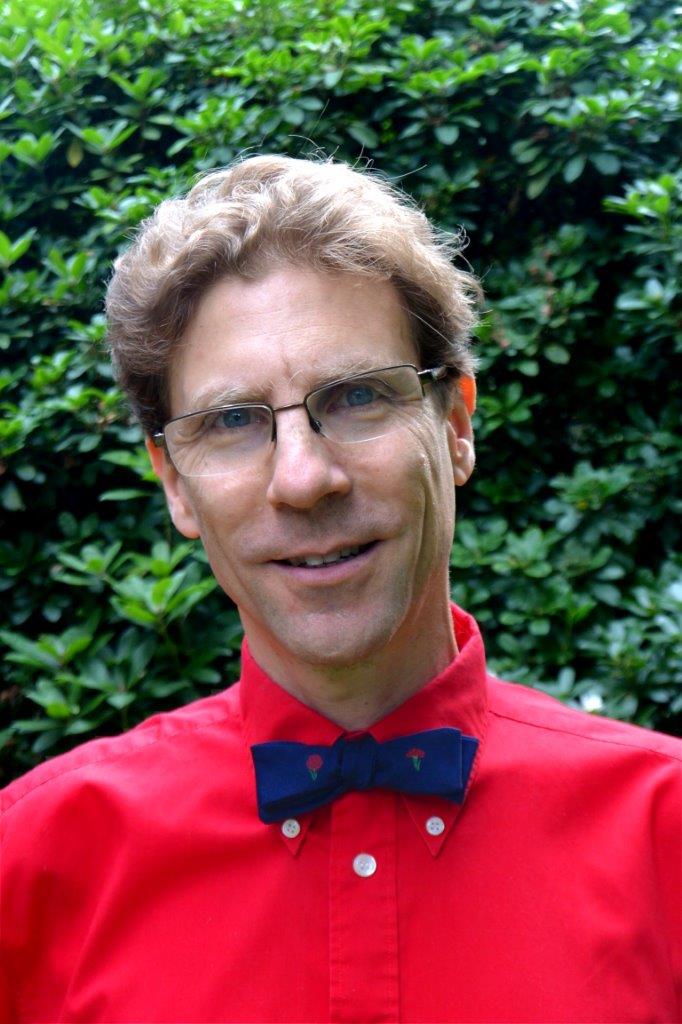
Bernard Dan PhD, Belgium
Paediatric neurologist and rehabilitation physician
Université libre de Bruxelles and Inkendaal Rehabilitation Hospital
Bernard Dan is a paediatric neurologist and rehabilitation physician based in Brussels. He is professor of neuroscience at the Université libre de Bruxelles, medical director of Inkendaal Rehabilitation Hospital, and Editor-in-Chief of Developmental Medicine and Child Neurology. His clinical and research interest includes cerebral palsy, neurogenetic conditions and neurophysiology. He was the 2010 president of the EACD and chaired the scientific committee of the academy until last year. He wrote over 250 articles in top-ranking journals, textbooks on Angelman syndrome, childhood disability, and co-edited a major reference book on cerebral palsy and one on ethics in childhood neurodisability. He served as scientific curator for several art exhibitions relating to disability and authored novels and short stories.
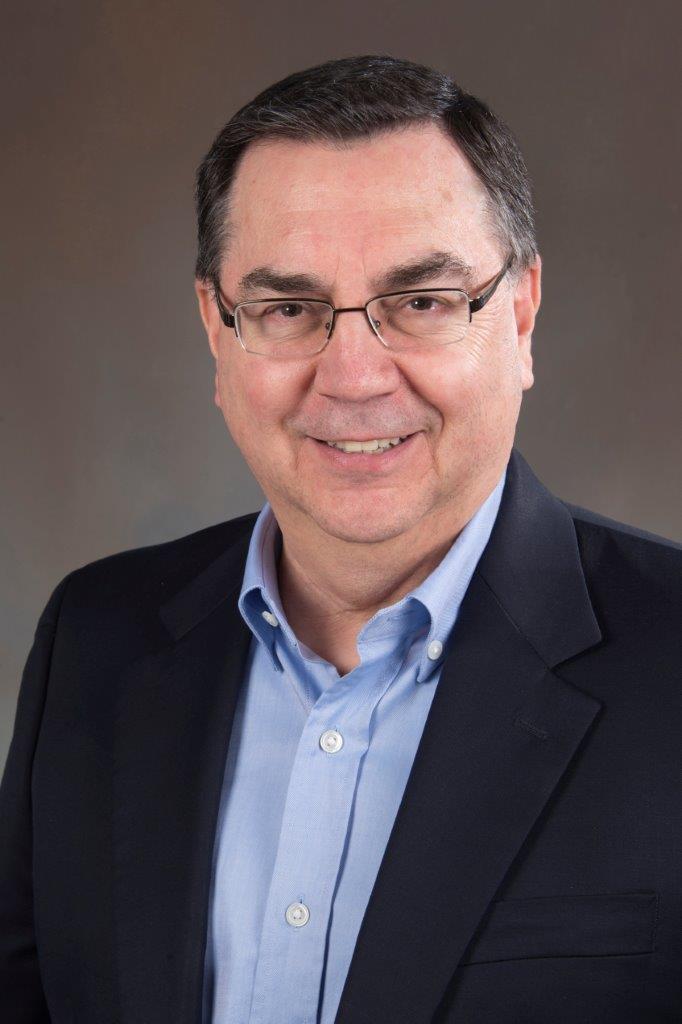
Mauricio R. Delgado, MD, FRCPC, FAAN, USA
Director of Pediatric Neurology and Neurorehabilitation for Texas Scottish Rite Hospital for Children in Dallas, Texas
• Board Certified in Neurology with Special Qualifications in Child Neurology and Clinical Neurophysiology
• Professor of Neurology at the University of Texas Southwestern Medical Center, Dallas, TX
• President of the American Academy for Cerebral Palsy and Developmental Medicine
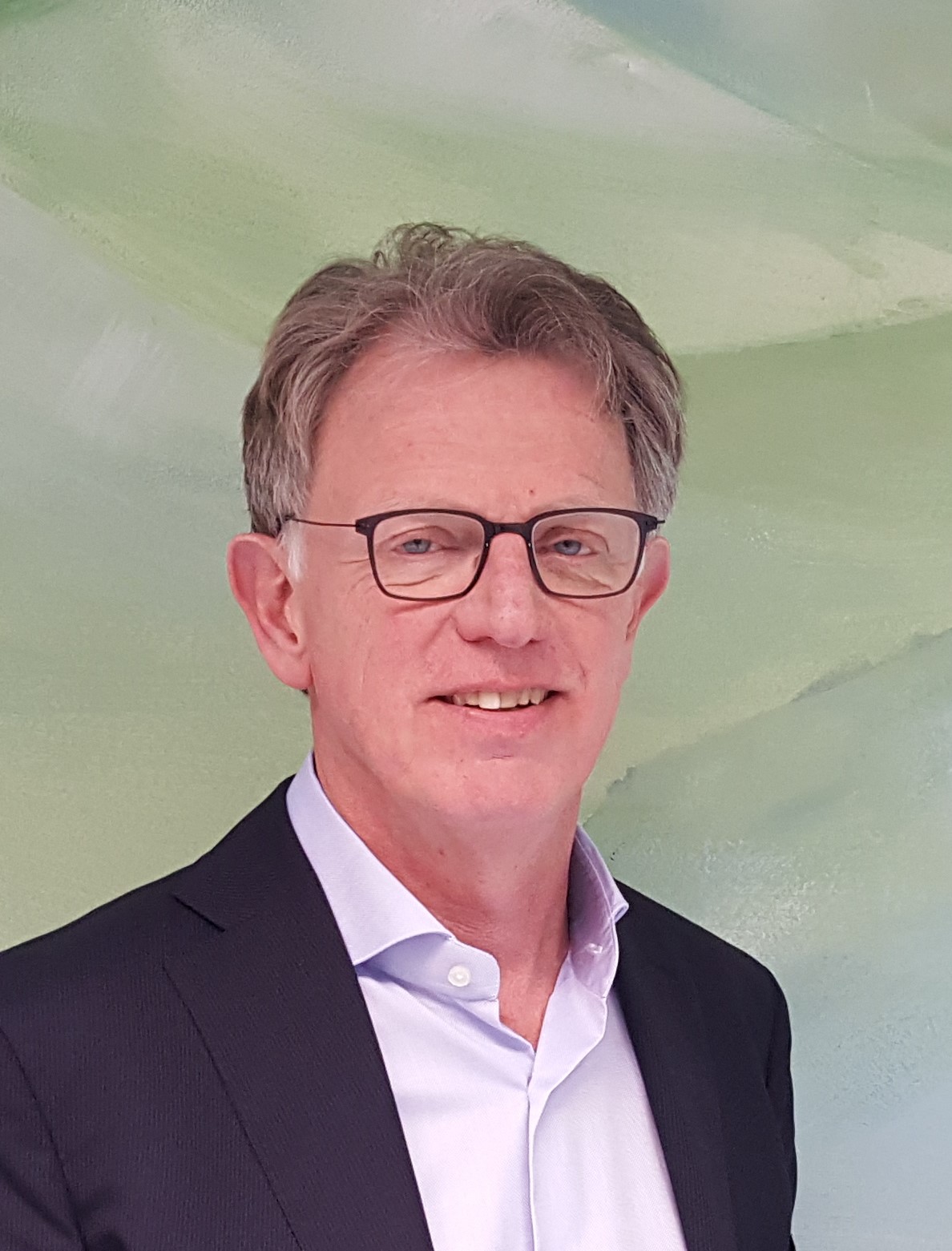
Jaap Harlaar MD, PhD, Netherland
Educational Director Clinical Technology & Technical Medicine
Delft University of Technology, Rotterdam Erasmus MC & Leiden UMC
Prof. Jaap Harlaar, holds a chair in Clinical Movement Analysis at Amsterdam University Medical Center, where he developed several functional diagnostic methods to inform treatment decisions in children with cerebral palsy. Recently he was also appointed at Delft University with a chair in clinical biomechatronics, and serves as director of studies in Clinical Technology & Technical Medicine. Prof. Harlaar is a past president of ESMAC (European Society for Movement Analysis in Adults and Children).
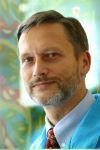
Sergiusz Jóźwiak MD, PhD
Warsaw Medical University, Warsaw, Poland
Head of the Department of Pediatric Neurology at Warsaw Medical University (since 2015). Head of Department of Neurology and Epileptology in the Children’s Memorial Health Institute in Warsaw (1997-2015). National consultant for child neurology (2009-2013). President of the Polish Society of Paediatric Neurology (2003-2011). Coordinator of the European project on TSC EPISTOP.
In the years 2006-2009, Prof. Jozwiak was the recipient of the Polish Academy of Science awards and Ministry of Health. In 2012 he has been nominated to the Gold Lancet Award for Innovation in Medicine. Professor Jóźwiak is a recipient of the Manuel Gomez Award, established by the Tuberous Sclerosis Alliance (USA) for "creative or pioneering efforts that have appreciably improved either the understanding of the disease or the clinical care available for individuals with tuberous sclerosis".
Professor Jóźwiak’s research focuses mainly on neuro-cutaneous disorders and epilepsy, with a particular interest in infantile spasms. For more than 25 years, he has directed a special program for tuberous sclerosis complex (TSC) and participated in the discovery of the TSC1 gene, working out practical guidelines for TSC management. He also conducts clinical research and directs basic studies on TSC pathogenesis. Other interests include pediatric multiple sclerosis, neuromuscular disorders, and metabolic diseases.
